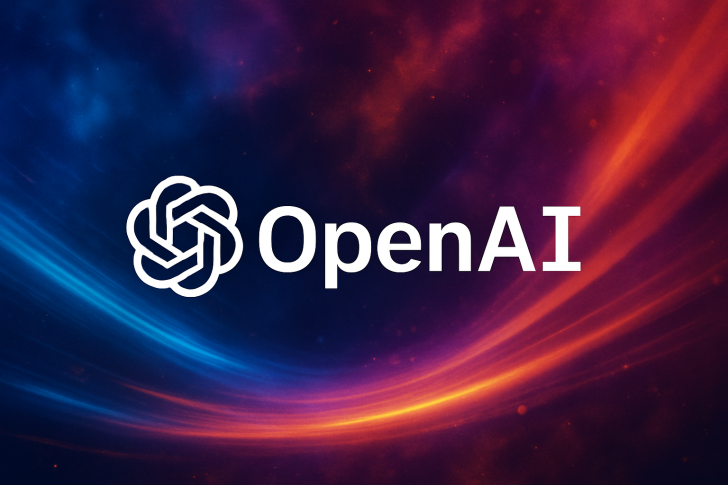Japan has issued an official warning to OpenAI regarding potential copyright violations involving Sora 2, the company's advanced video generation model. As reported by Dexerto, a digital media outlet covering gaming and technology, the warning centers on concerns that the AI may be producing content based on anime and gaming material without proper licensing. This development marks a significant moment in the ongoing tension between generative AI capabilities and intellectual property rights, particularly in a country where creative content drives billions in economic value.
What Is Sora 2?
Sora 2 represents OpenAI's latest generative model capable of producing realistic video, animation, and interactive content. While the technology has gained attention for its impressive visual storytelling abilities, it's also triggered concerns in Japan, where authorities suspect the model may have been trained on copyrighted anime and gaming content without authorization.
Why This Matters
Japan's creative industry—anchored by powerhouses like Nintendo, Square Enix, Studio Ghibli, and Shueisha—generates substantial revenue and cultural influence globally. These companies have historically defended their intellectual property aggressively. By warning OpenAI, Japanese authorities are drawing a clear line: AI systems generating content that resembles protected works without licensing could face legal consequences. This positions Japan as a leader in AI content regulation and sends a signal to other nations with significant entertainment sectors.
What Could Happen Next
Legal consequences: OpenAI may face lawsuits, financial penalties, or operational restrictions in Japan if copyright violations are confirmed.
Industry pressure: Anime studios and gaming companies are likely to demand greater transparency around AI training datasets and push for licensing frameworks.
Global ripple effects: Countries like South Korea and France, which also have robust creative industries, may follow Japan's example with similar regulatory measures.
The Core Debate
The situation raises fundamental questions about generative AI. Should AI-created content be considered transformative and original, or does it constitute unauthorized reproduction? Advocates argue AI democratizes creative tools and accelerates innovation, while critics warn it threatens the financial sustainability of content creators and studios that invest heavily in original work.
OpenAI hasn't released a detailed response to Japan's warning, though the company has previously emphasized its commitment to responsible AI development. Possible solutions could include negotiating licensing agreements with rights holders or implementing technical safeguards to prevent infringement.
 Usman Salis
Usman Salis

 Usman Salis
Usman Salis


